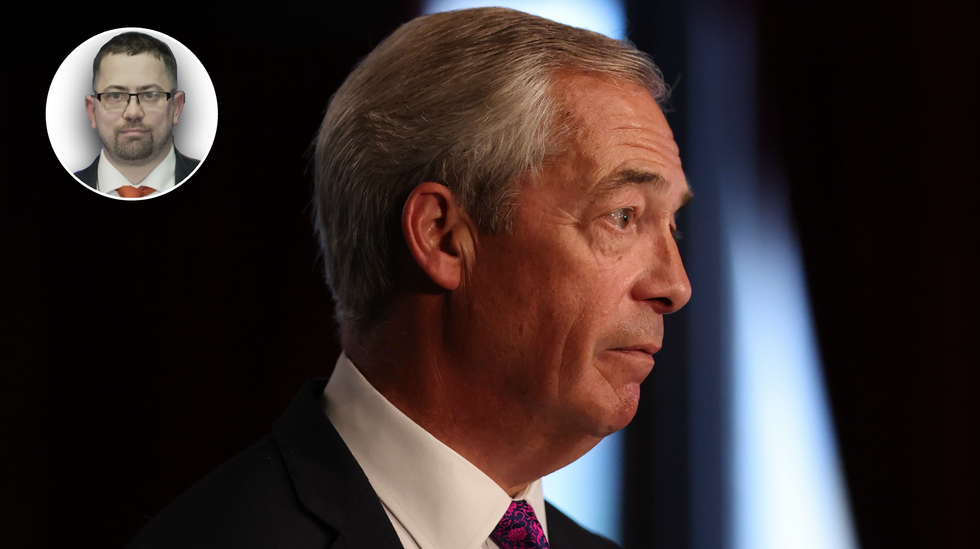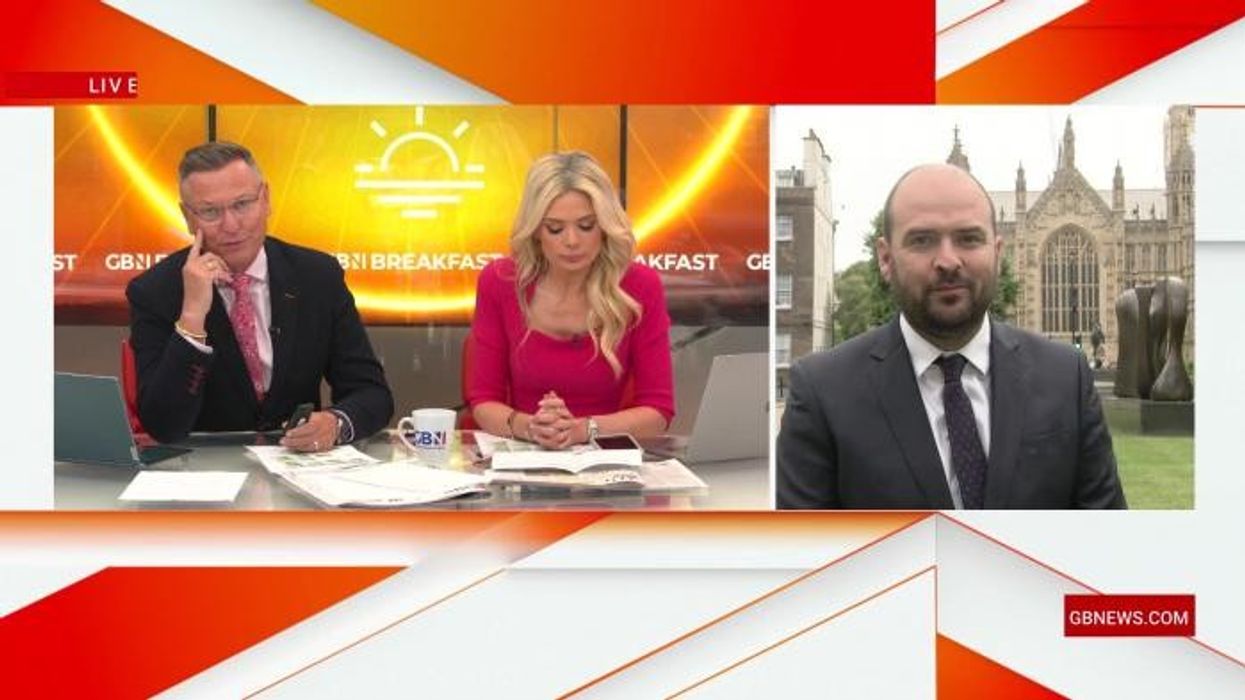Reform UK will soon face an 800-pound gorilla, otherwise known as national security - Keith Bays

OPINION: The absence of this governmental knowledge presents a serious obstacle, but it's not insurmountable
Don't Miss
Most Read
Trending on GB News
Since House of Commons records began in 1547, no British political party has ever gone from the margins to securing an outright parliamentary majority within a single electoral cycle.
Yet, if the latest YouGov polling is to be believed, Reform UK could buck this historical trend in the forthcoming 2029 election.
But with such a spectacular rise to power comes one critical question: would this relatively young political party be ready to govern, particularly on matters of national security?
Reform holds just five seats in the House of Commons. Should it win power, most of its cabinet would be made up of first-time MPs, individuals who would be learning parliamentary procedure, setting up their constituency offices, and managing departmental briefs at the same time.
Key offices such as the Ministry of Defence, the Home Office, and the Foreign Office would potentially be overseen by political novices.

Reform UK will soon face an 800-pound gorilla, otherwise known as national security - Keith Bays
|Getty Images
Ordinarily, the Shadow Cabinet gain essential experience ahead of the transition to government. They typically receive classified briefings, interact with senior departmental officials, and access parliamentary short money to support their policy research and development, which develops their legislative offering.
Reform UK, having never served as His Majesty's official opposition, have had no such access to resources or Information.
The absence of this governmental knowledge presents serious disadvantages. Numerous national security challenges may not have been on Reform’s radar prior to Farage entering Number 10.
Without early access to intelligence documents or certain operational information, addressing important issues like illegal immigration or state-based cyber terrorism becomes more difficult to tackle.
There are no easy fixes to counter Reform’s lack of experience. However, Farage could consider copying a move from Sir Keir Starmer’s playbook: appointing long-serving experts to the House of Lords and putting them in charge of the most operationally demanding departments.
It’s a strategy that could help mitigate the inexperience problem, though it risks backlash from Reform loyalists who dislike woke establishment figures.
Another potential obstacle lies within the Civil Service itself. While most incoming governments traditionally receive Whitehall’s support, Reform’s hugely strained relationship with civil servants could complicate the situation for the party leader.
Farage himself has pledged to cut staff numbers and end remote working, moves unlikely to endear him to the very machinery he’ll need to depend on in the early days of an administration, even if he's unlikely to admit that. Ultimately, the question is whether Reform’s lack of experience, particularly in important areas like national security, will cost them votes.
Will public frustration with the status quo outweigh concerns about the party's lack of experience? Or will the electorate choose continuity in these uncertain times, however unwillingly? The answer will shape not only the 2029 election, but the UK's security and stability in the decades to come.
More From GB News











